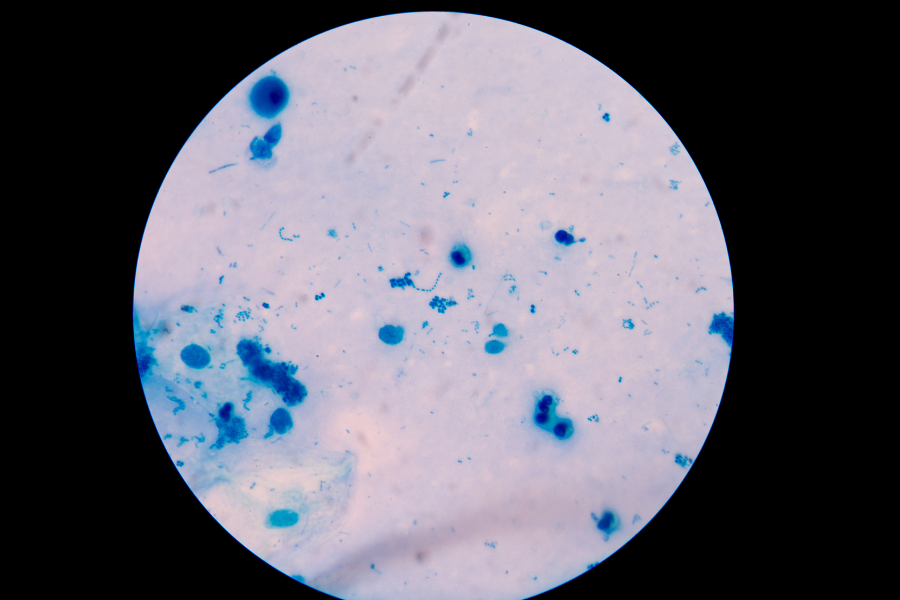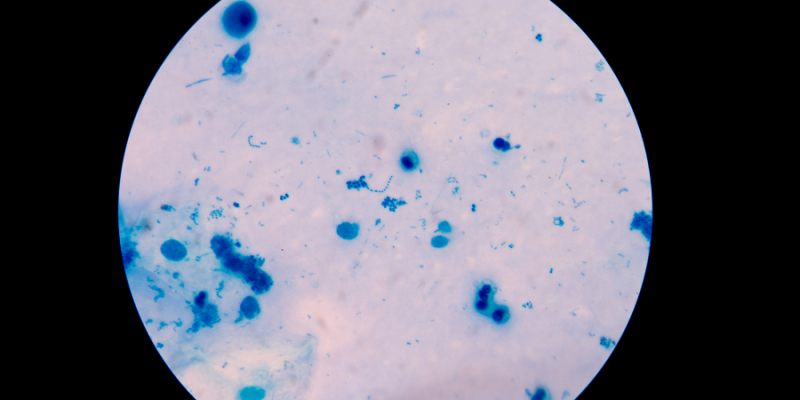
Nonchemical Devices and Their Impact on Bio Growth
For many decades, nonchemical devices (NCDs) have been marketed for replacing water treatment chemicals. Marketing literature claims that these devices can control scale, corrosion, deposition and biological growth in both boiler and cooling tower systems are extremely appealing. What could be simpler?
Unfortunately, the evidence doesn’t back the many claims. Over the course of many years, NCDs have introduced a variety of mechanics, including electromagnetic, electrostatic, magnetic, catalytic and mechanical theories of operation. These NCDS have been installed in a great variety of water systems, oftentimes with unacceptable results.
The marketers of many of these NCDs have touted their capability for eliminating the need for biocidal chemical control in cooling tower systems Needless to say, if the NCDs were meeting all expectations and fulfilling all promises, our industry would be dramatically changed today.
NCDs Tested on Controlling Total Heterotrophic Bacteria
There’s one study that evaluated the effectiveness NCDs on controlling total heterotrophic bacteria. This comprehensive 2010 study was performed by Principal Author Radisav D. Vidic and contributing authors were Scott M. Duda and Janet E. Stout, all recognizable names in the study of Legionella.

A systematically infected system was created, and all test results were compared to test results produced by a base of free chlorine residual. Several NCDs were evaluated.
- A magnetic NCD did not effectively reduce microbiological growth versus the control.
- A pulsed electric field NCD did not effectively control bacterial growth; manufacturer was critical of application.
- An electro sonic NCD did not control total heterotrophic bacteria growth.
- An ultrasonic NCD showed no significant reduction in growth.
- A hydrodynamic cavitation NCD did not effectively control microbiological growth versus control.
The Bottom Line
There’s no denying that the prospect of controlling microbiological growth using nonchemical devices is tantalizing. However, at least one comprehensive study did not provide documentation that such claims are being realized.
These tests were based on total heterotrophic bacteria. Test data has established that heterotrophic bacteria numbers do not represent the levels of Legionella bacteria in a water sample. If these NCDs are ineffective at controlling heterotrophic bacteria, it would be irresponsible to depend on them to minimize risk from Legionella in an open recirculating system.
Please reach out to Chemtex with any questions. We’re here to solve your water treatment problems and keep your system safe and functioning at its best.



/NQA-ISO-9001-Logo-ANAB.jpg)